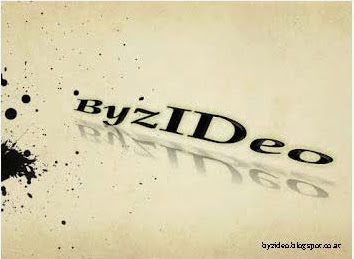Olof Heilo, Eastern Rome and the Rise of Islam. History and Prophecy, Oxford: Routledge 2016
 |
Table of Contents |
The emergence of Islam in the seventh century AD still
polarises scholars who seek to separate religious truth from the historical
reality with which it is associated. However, history and prophecy are not
solely defined by positive evidence or apocalyptic truth, but by human
subjects, who consider them to convey distinct messages and in turn make these
messages meaningful to others. These messages are mutually interdependent, and
analysed together provide new insights into history.
It is by way of this concept that Olof Heilo presents
the decline of the Eastern Roman Empire as a key to understanding the rise of
Islam; two historical processes often perceived as distinct from one another.
Eastern Rome and the Rise of Islam highlights significant convergences between
Early Islam and the Late Ancient world. It suggests that Islam’s rise is a
feature of a common process during which tensions between imperial ambitions
and apocalyptic beliefs in Europe and the Middle East cut straight across
today’s theological and political definitions. The conquests of Islam, the
emergence of the caliphate, and the transformation of the Roman and Christian
world are approached from both prophetic anticipations in the Ancient and Late
Ancient world, and from the Medieval and Modern receptions of history. In the
shadow of their narratives it becomes possible to trace the outline of a shared
history of Christianity and Islam. The "Dark Ages" thus emerge not
merely as a tale of sound and fury, but as an era of openness, diversity and
unexpected possibilities.
Approaching the rise of Islam as a historical
phenomenon, this book opens new perspectives in the study of early religion and
philosophy, as well as providing a valuable resource for students and scholars
of Islamic Studies.






